Back in the day, many Hungarian scientists found themselves in a position where they had to leave the country. A significant portion of these brilliant minds chose the United States, and they did so at a critical historical moment. During World War II, there was an unparalleled need for scientific minds such as physicist Ede Teller. Due to their strange language and perhaps even stranger way of thinking, these Hungarian geniuses were only referred to as “Martians” by members of the American scientific community.
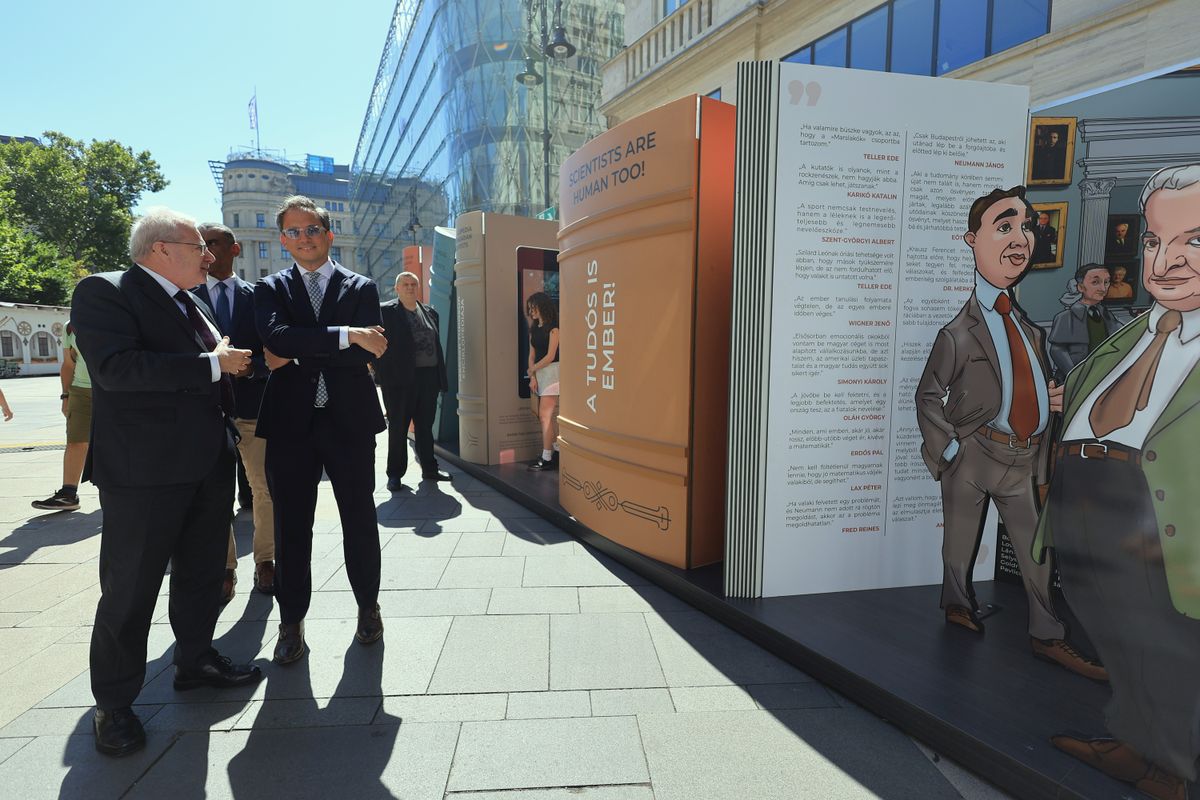
It is no coincidence, then, that the traveling exhibition showcasing the achievements and life paths of our greats, organized by the Hungarian Brand Cultural Association with the patronage of the Center for Fundamental Rights and the support of the HUN-REN Hungarian Research Network, is named Martians – Hungarian Scientists and Nobel Laureates.
During the opening, it was repeatedly emphasized that there is no better way to showcase our scientific excellence and their work than through an exhibition visible on the streets, allowing not only Budapest residents but also foreign tourists to gain a picture of Hungarian achievements.
Miklos Szantho: Hungary Has Dozens of Nobel Laureates and at Least Another Thousand Years in Store
In his opening remarks Miklos Szantho, Director General of the Center for Fundamental Rights, emphasized: “On August 19, the exhibition connects the greatness of Hungarian scientists with that of our state-founding king with perfect timing. The foreign careers of many of our Nobel laureates best illustrate the success of the Hungarian nation, which knows no borders or obstacles."
Thank God, most of our national heroes made their contributions, conducted research, or fought for their homeland here at home, but for many, emigration was the only path available. This typically occurred whenever an empire tried to swallow us, yet our scholars’ achievements often had the opposite effect—fortunately, more often successfully than not. And what doesn’t kill you only makes you stronger,
– Miklos Szantho emphasized.
He also recalled that one of our Nobel laureates, Imre Kertesz, was right when he said that the Hungarian people acquired immense knowledge at the cost of immense suffering.
Imagine how much scientific and political success we could have achieved if our history had been defined not by suffering but by peace and security,” the director general said.
Precisely because our past is marked by heroes, often war heroes, or scientists fleeing war, we can appreciate a life without war. Today, we again long for peace and security, and we know our American friends stand with us in this,
– Mr. Szantho highlighted.
Precisely because our past is marked by heroes, often war heroes, or scientists fleeing war, we can appreciate a life without war. Today, we again long for peace and security, and we know our American friends stand with us in this,
Mr. Szantho believes that when the balance between faith and science is upset in the world, the result is tragedy — one that both suffer equally.
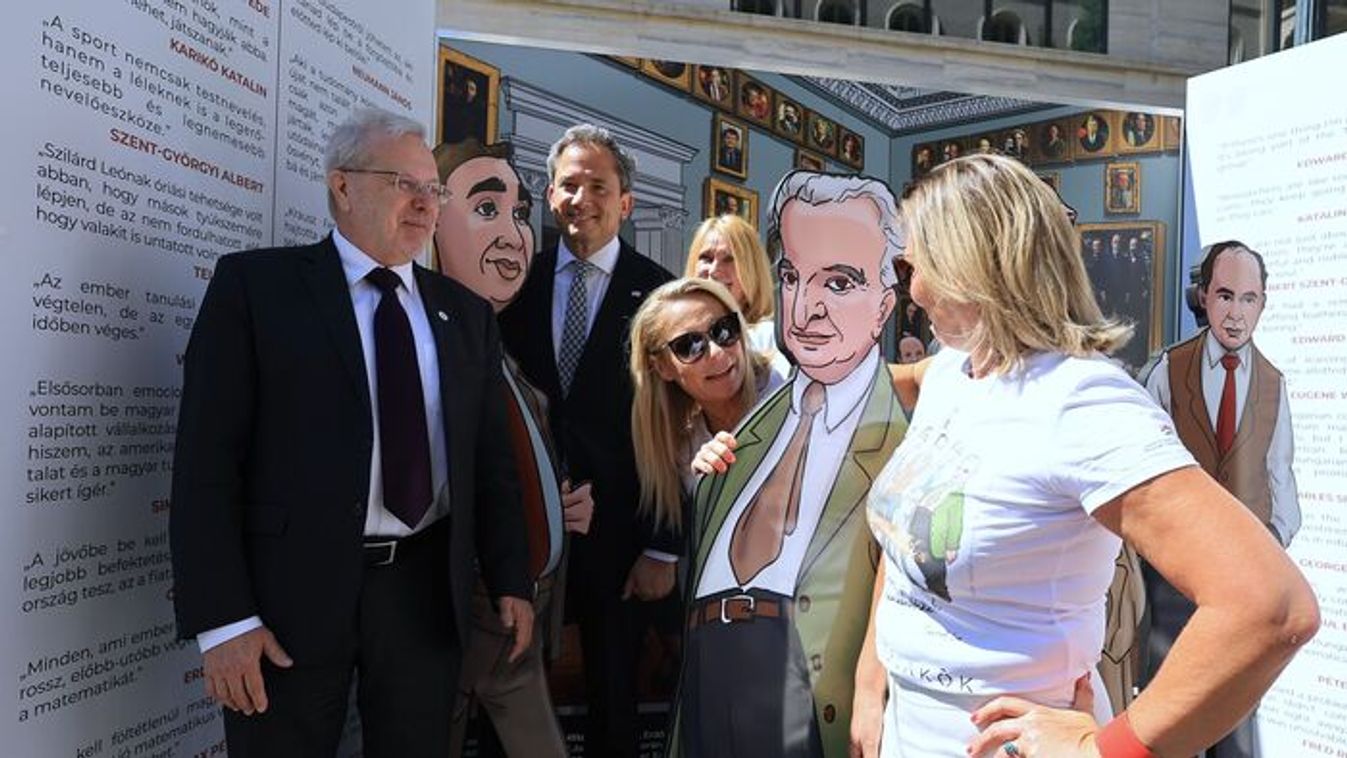
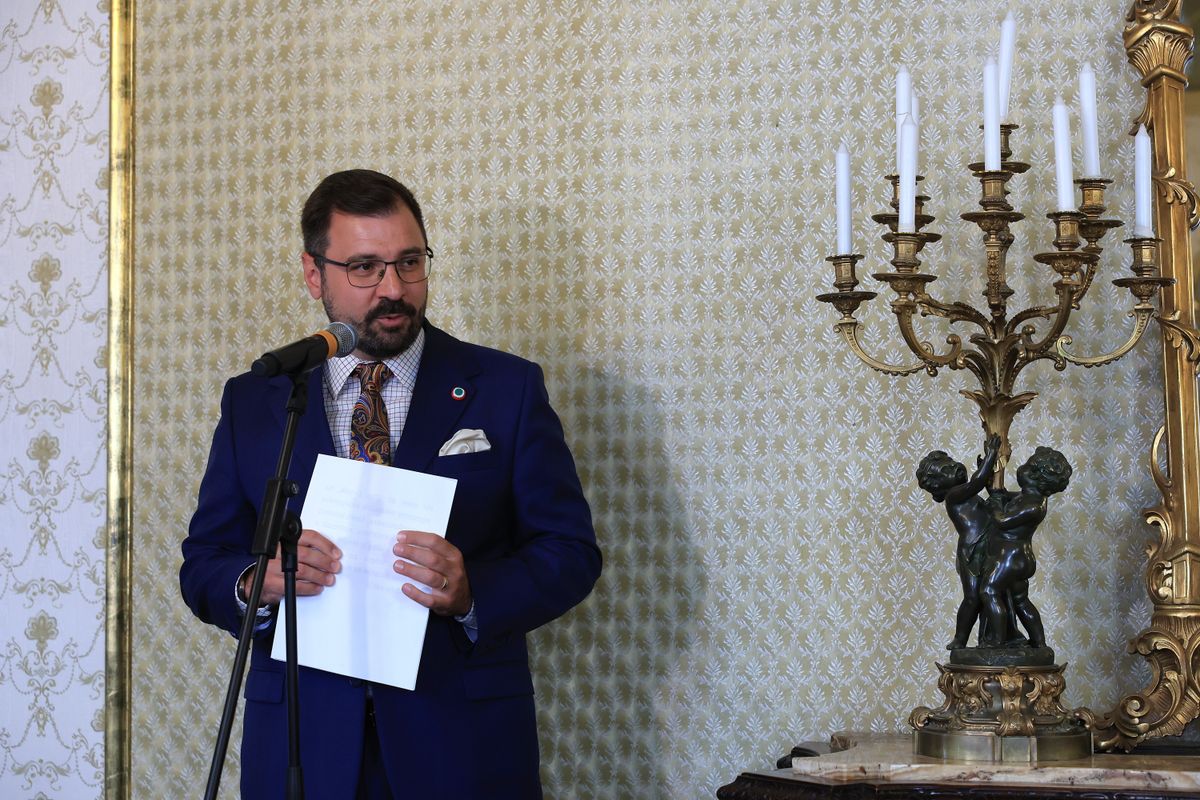
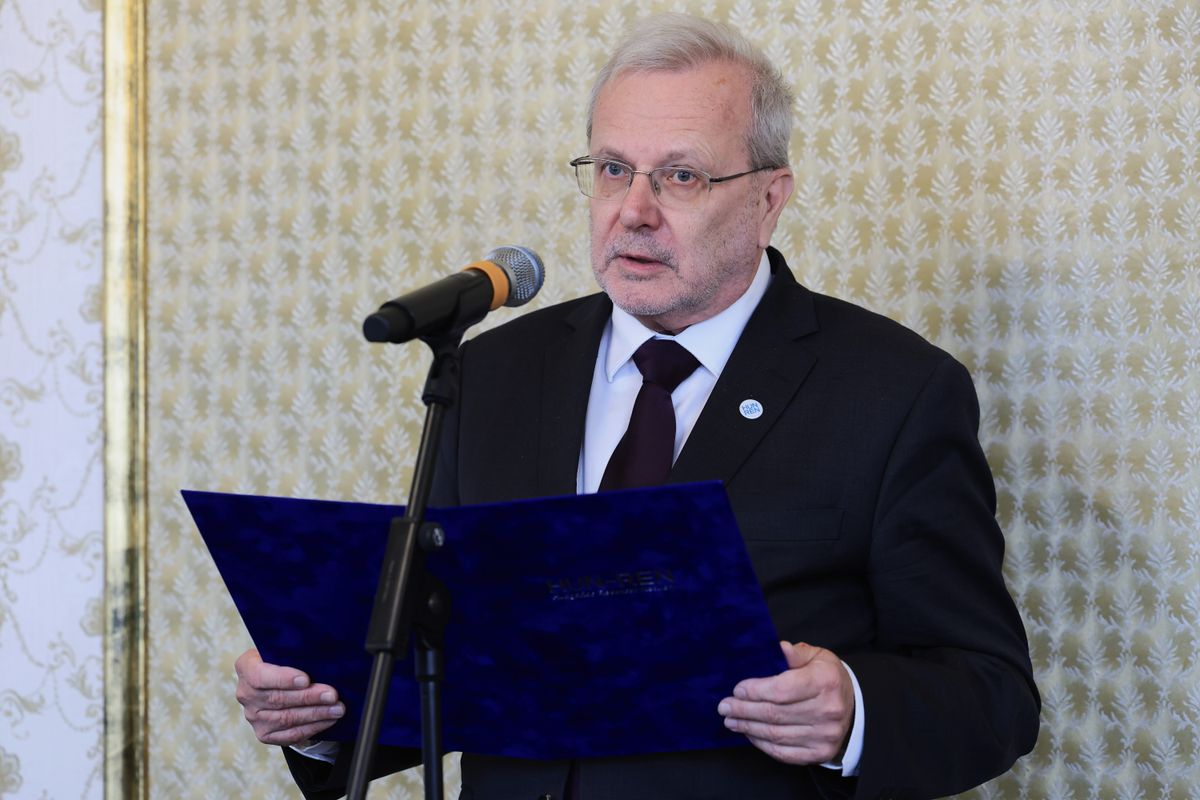
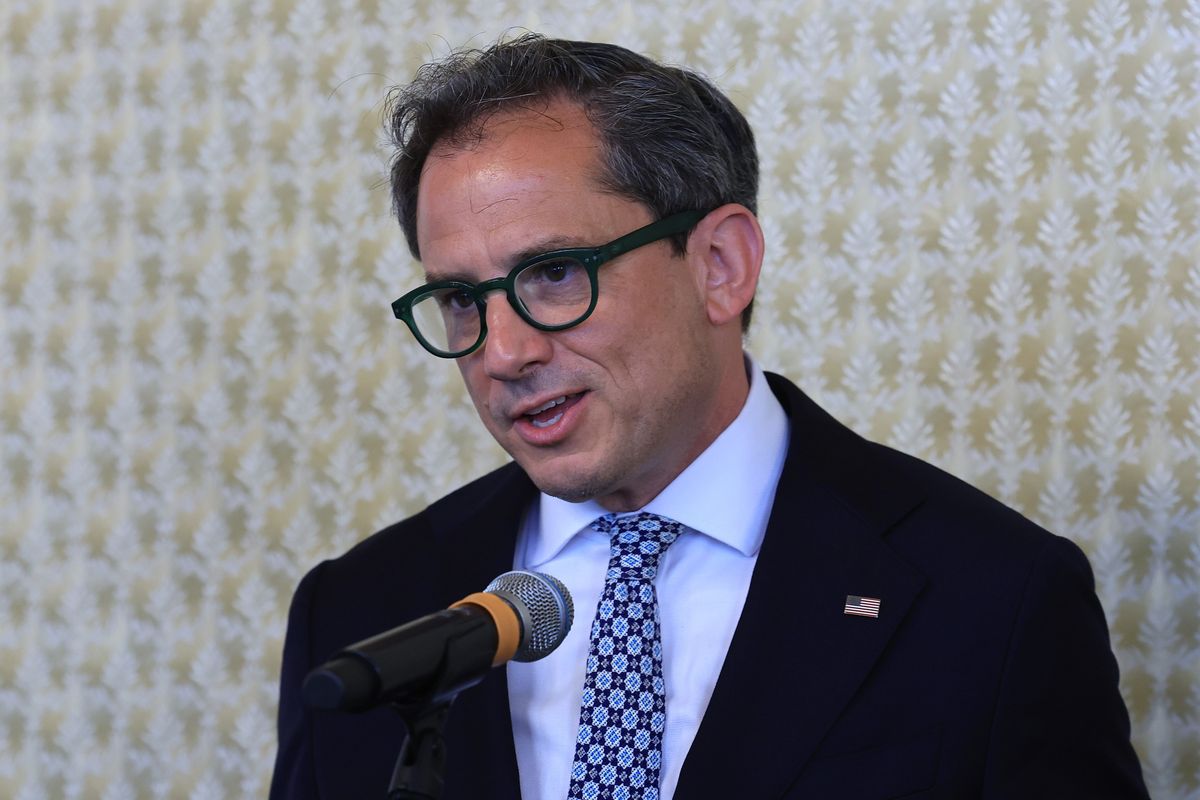
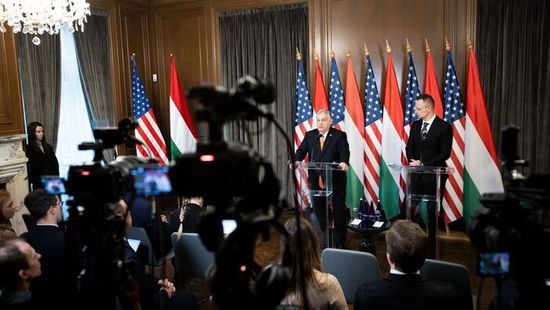
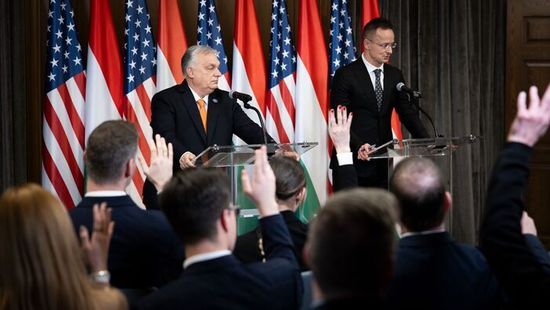
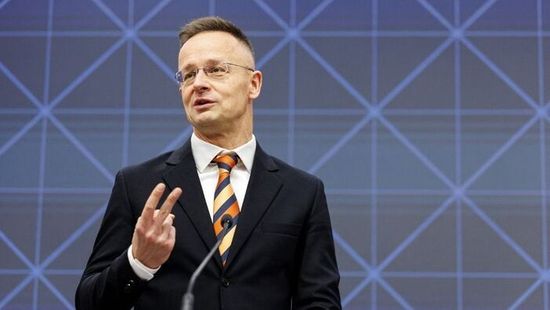


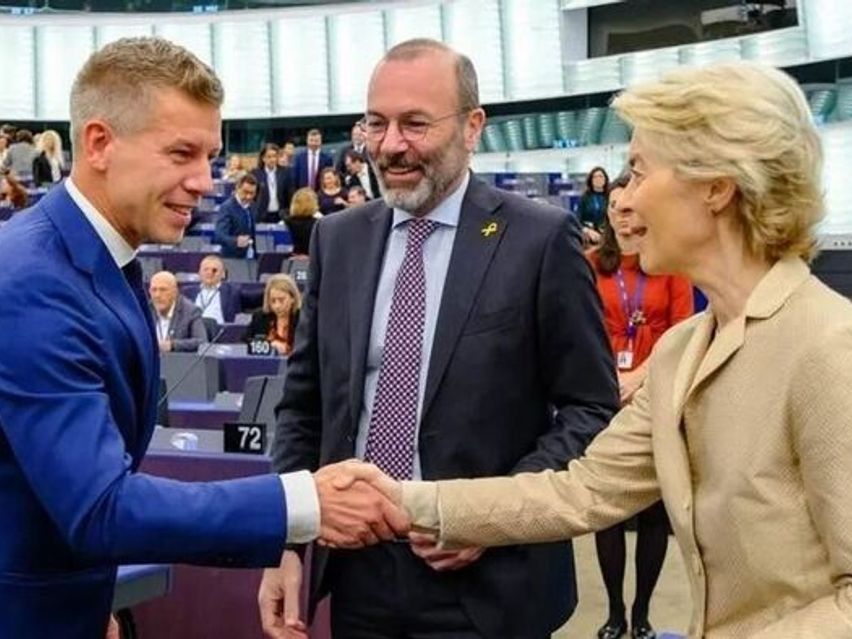




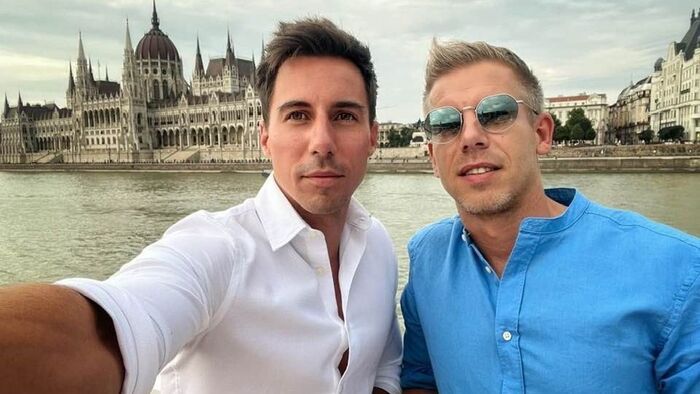
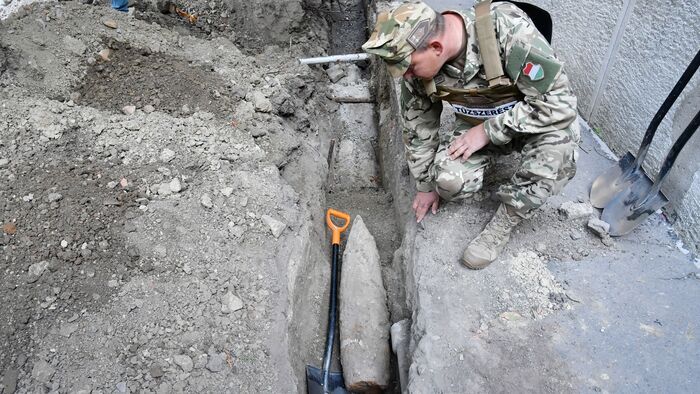

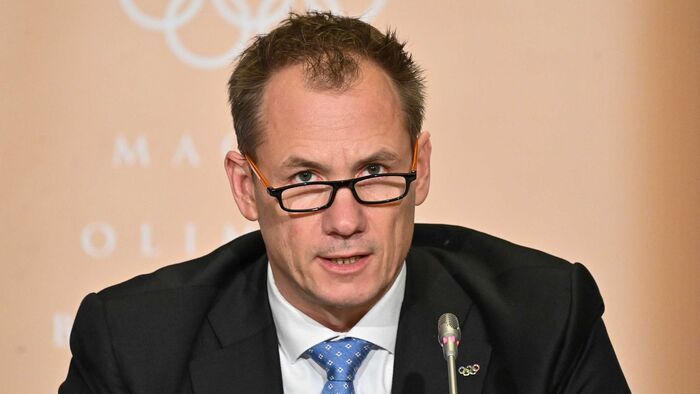

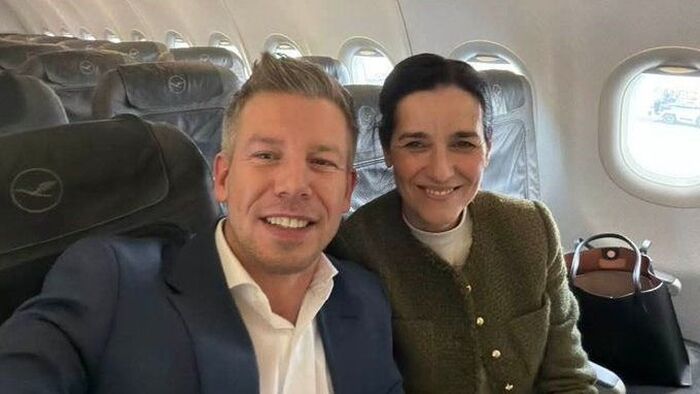



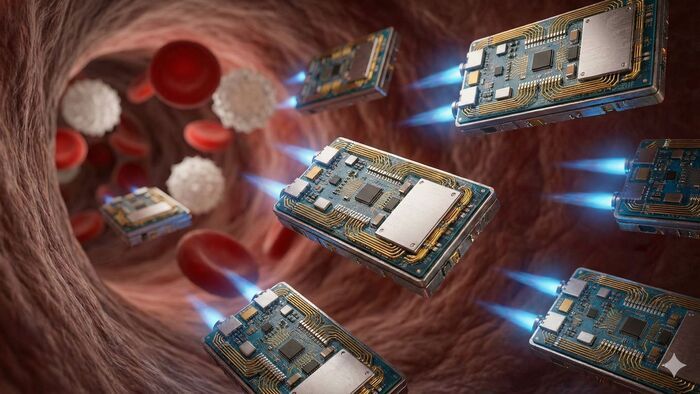
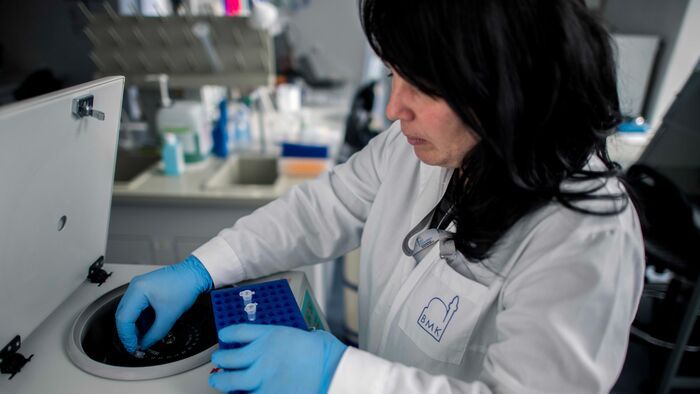

Szóljon hozzá!
Jelenleg csak a hozzászólások egy kis részét látja. Hozzászóláshoz és a további kommentek megtekintéséhez lépjen be, vagy regisztráljon!